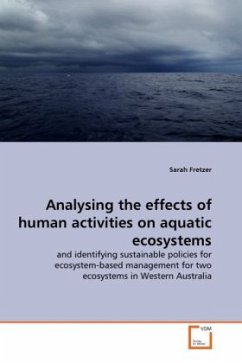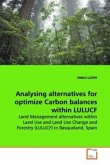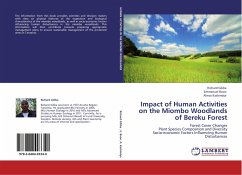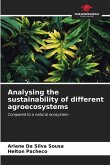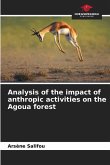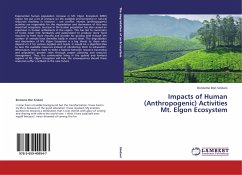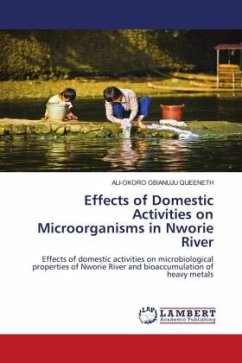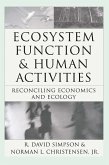Aquatic ecosystems are heavily impacted by anthropogenic activities, e.g. fishing, eutrophication and habitat destruction. The effects of these activities are analyzed in the context of the entire aquatic ecosystem by applying two different modelling techniques on two ecosystems in Western Australia. Shark Bay, which is listed as World Heritage Site, was investigated in this study by applying loop analysis. Qualitative models were developed to assess the role of tiger sharks and the impacts of fishing on the seagrass ecosystem of Shark Bay. The Peel-Harvey Estuary was investigated using a quantitative modelling technique, such as Ecopath, Ecosim and Ecospace. The estuary is listed as RAMSAR site with importance for waterbirds and has been impacted by eutrophication for decades. It was investigated how an artificial entrance channel, built in 1994, has influenced the ecosystem. Furthermore, the role of primary producers and waterbirds and the effects of fishing on the ecosystem were explored. In consideration of conservation measures, Ecospace is applied to identify an effective Marine Protected Area for the Peel-Harvey Estuary.

